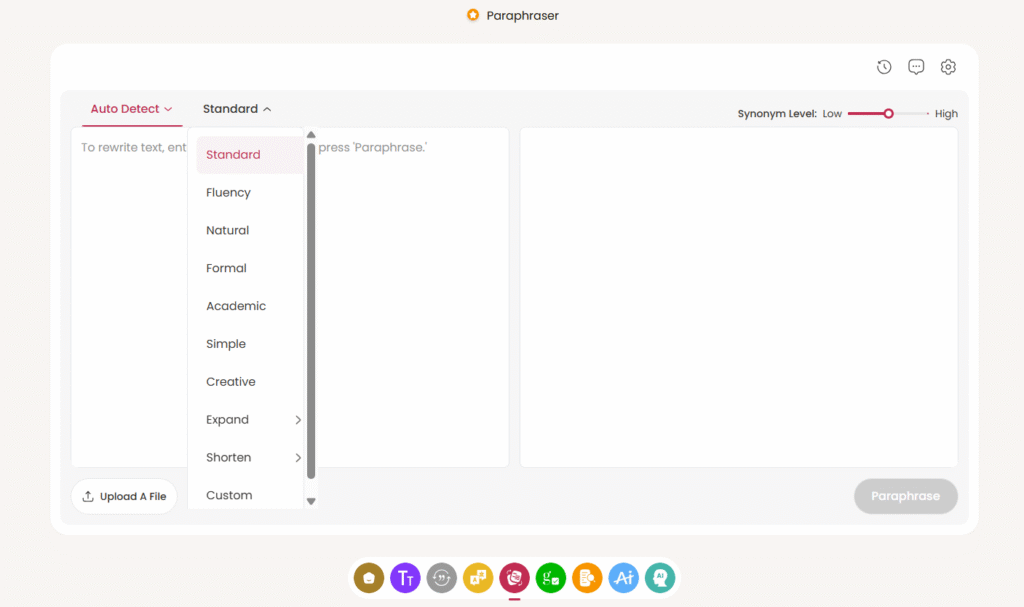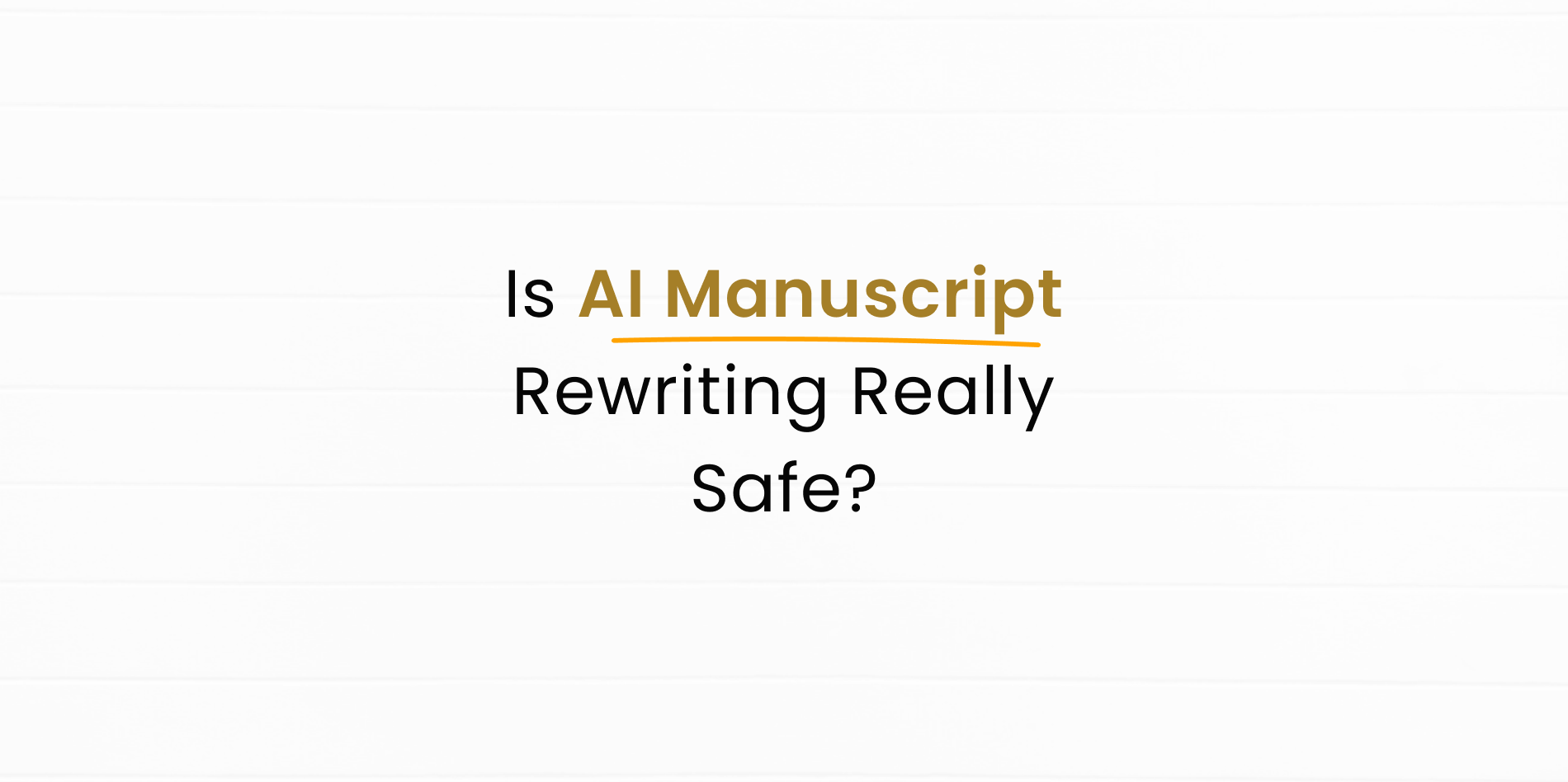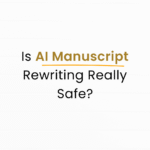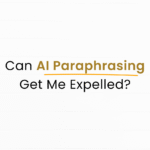Why This Question Matters
Many students and professionals ask: “Does paraphrasing with AI count as cheating?” With AI paraphrasing tools widely available, the boundary between ethical assistance and academic dishonesty has become blurred. While AI can help simplify or improve writing, misuse may lead to plagiarism accusations, credibility issues, or even disciplinary action.
How AI Paraphrasing Works
AI paraphrasing tools use machine learning to rephrase sentences, substitute synonyms, and restructure paragraphs while attempting to preserve meaning. The KreativeSpace Paraphraser goes beyond simple word swaps, analyzing context to deliver accurate and natural language rewrites.
Outbound research in educational integrity suggests that paraphrasing is not inherently cheating—it depends on intent, originality, and proper attribution.
When AI Paraphrasing Becomes Cheating
Paraphrasing with AI can count as cheating under certain circumstances:
- Submitting AI output as original work – If students rely solely on AI without contributing their own ideas.
- Avoiding citations – Rewriting sources with AI and presenting them without proper credit.
- Bypassing originality checks – Using AI paraphrasing to trick plagiarism detectors.
- Over-dependence on AI – Producing work that reflects machine output instead of personal understanding.
For example, universities increasingly use AI Detectors and plagiarism checkers to identify AI-assisted misconduct.
When AI Paraphrasing Is Safe
Used responsibly, AI paraphrasing does not count as cheating. In fact, it can improve academic and professional writing when:
- Combined with personal effort – Writers refine the AI draft to include their own voice.
- Properly cited – Sources are acknowledged even if paraphrased.
- Used for clarity – AI rephrasing helps simplify complex sentences without stealing ideas.
- Supplemented with grammar and plagiarism checks – The Grammar Checker and Plagiarism Checker ensure both accuracy and originality.
Academic Policies on AI Paraphrasing
Educational institutions vary in their stance on AI. Some classify heavy AI reliance as misconduct, while others encourage AI as a support tool. Outbound surveys in higher education show that universities are updating academic honesty policies to include AI writing.
This means students must carefully review their institution’s guidelines before relying on AI paraphrasing tools.
Risks of Misusing AI Paraphrasing
The risks of AI paraphrasing cheating include:
- False plagiarism accusations – If AI output resembles existing text.
- Loss of writing skills – Overuse may prevent students from developing critical skills.
- AI detection errors – Detectors may misclassify rephrased human input as machine-generated.
- Damage to credibility – In professional or publishing contexts, AI misuse may hurt reputation.
These risks show why balance is crucial when integrating AI into writing processes.
Safe Workflows with KreativeSpace Tools
The KreativeSpace suite offers a safe way to use AI while avoiding cheating:
- Paraphraser – Improves clarity without distorting meaning.
- Plagiarism Checker – Verifies originality after rewriting.
- AI Humanizer – Adds a natural human flow to AI-assisted drafts.
- Summarizer – Shortens long passages for better study notes.
- Citation Generator – Ensures proper referencing, preventing accidental misconduct.
These tools, when combined, create an ethical workflow where AI supports rather than replaces originality.

Ethical Perspective: Is It Really Cheating?
The ethics of AI rewriting depend on how it is used:
- Cheating if it hides source material or replaces personal effort.
- Assistance if it improves clarity, grammar, and presentation while retaining the author’s ideas.
Outbound academic discussions emphasize that technology itself is neutral; responsibility lies with the user. Just as calculators are not cheating in math when used appropriately, AI paraphrasing can be acceptable in writing if handled responsibly.
Professional vs. Academic Use of AI Paraphrasing
In professional settings, AI-assisted rewriting is often viewed as a productivity tool. Businesses use paraphrasing for reports, content marketing, and summaries without issue. However, in academic settings, stricter standards apply because originality and demonstration of learning are essential.
This difference shows that whether AI paraphrasing counts as cheating depends largely on context.
The Future of AI and Academic Integrity
As AI continues to advance, institutions will refine how they monitor and evaluate its use. The future may include:
- AI tools integrated directly into learning systems
- Transparent AI use policies in universities
- Better AI detectors that reduce false positives and negatives
This evolving environment suggests students and professionals should adopt responsible AI use habits now.
The Decider
So, does paraphrasing with AI count as cheating? The answer depends on how it’s used. If AI is relied on to replace effort, avoid citations, or trick plagiarism systems, it qualifies as misconduct. But when used with integrity—through tools like the KreativeSpace Paraphraser, Grammar Checker, and Plagiarism Checker—it can be a safe and effective way to improve clarity without compromising originality.
Ultimately, paraphrasing with AI is safe when it supports learning, but cheating when it replaces it.



